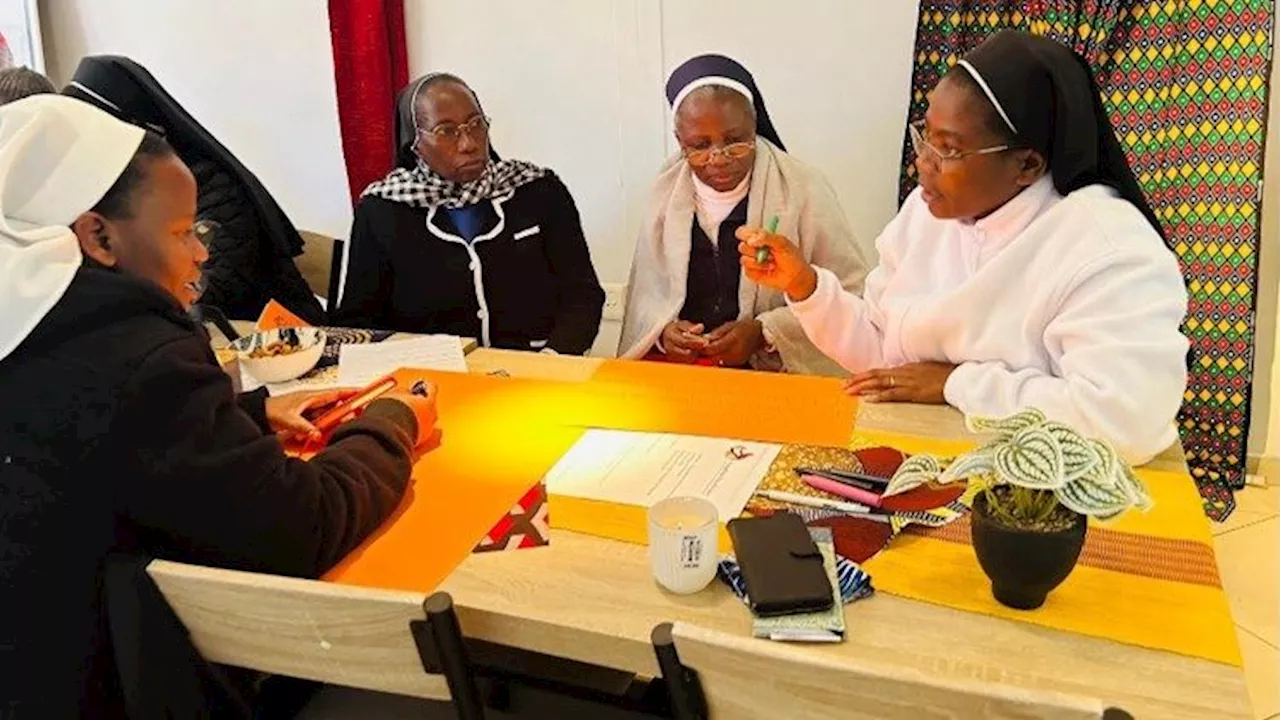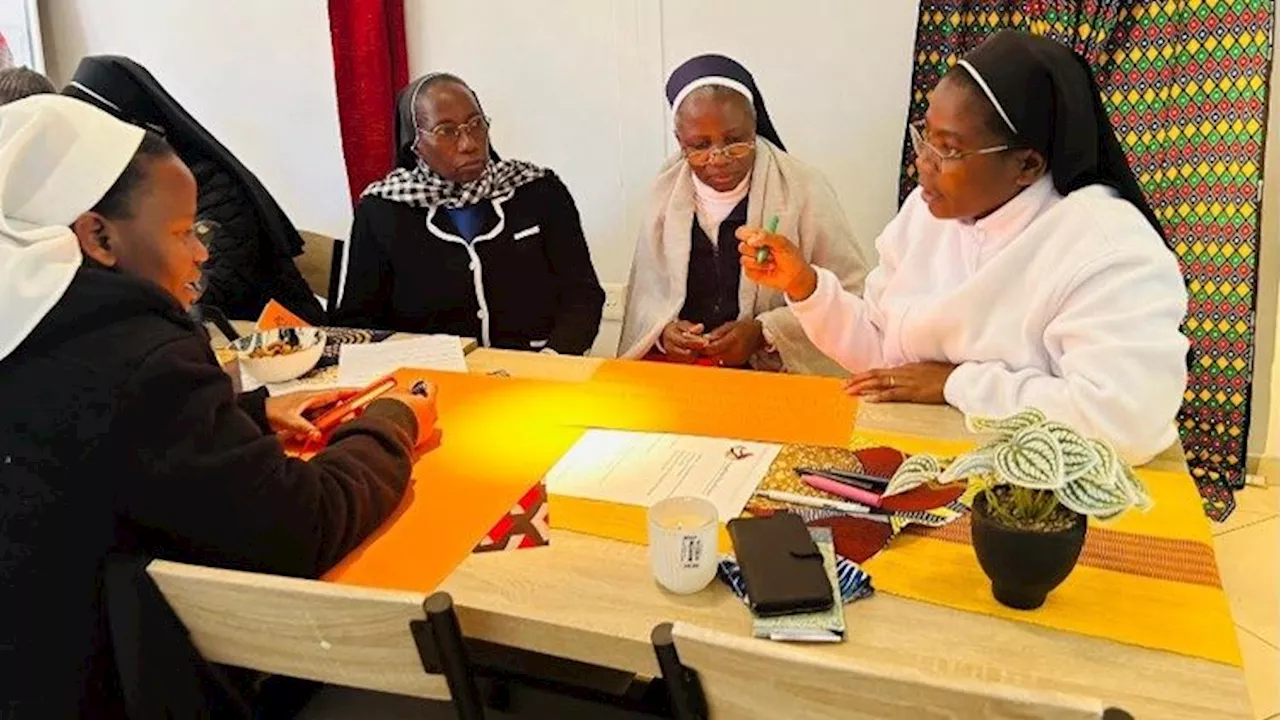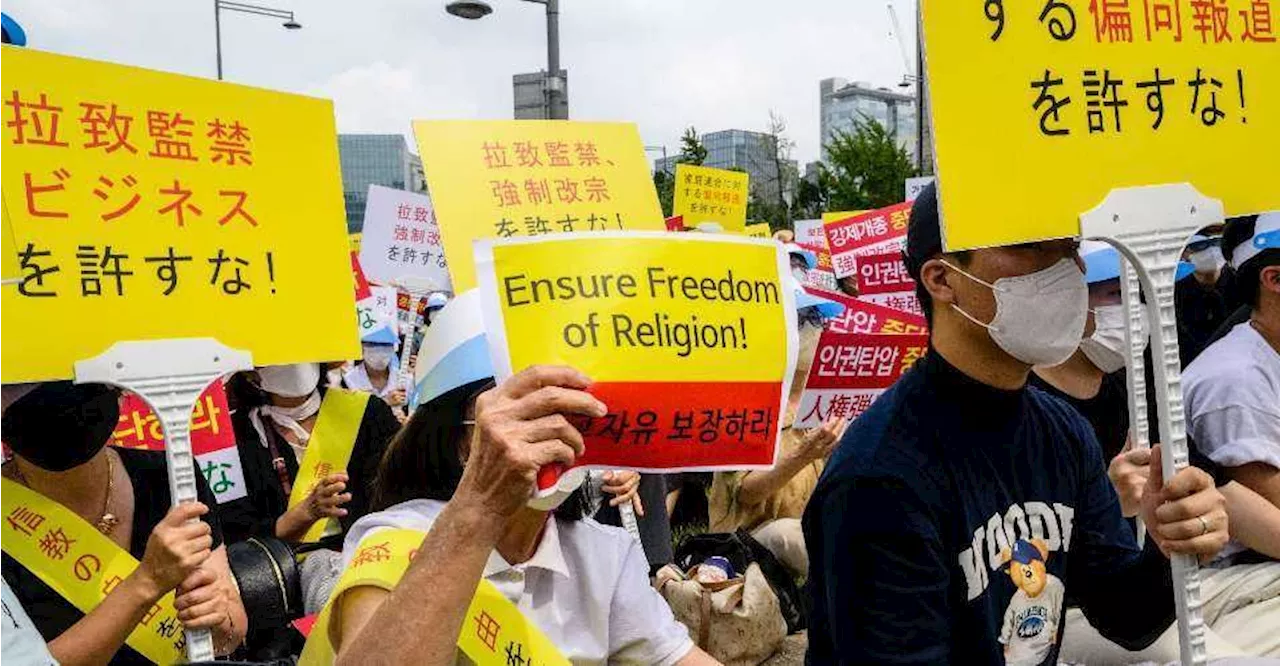This article explores the evolution and challenges facing Catholic religious life in the contemporary world. It argues that the institutional structure of the Church, with its emphasis on canon law and hierarchy, has stifled the prophetic dimension of religious life. The author calls for a return to the evangelical roots of religious life, marked by radical poverty, detachment, and a communitarian approach. The text also examines the impact of societal changes, such as the rise of individualism and technological advancements, on religious life and the need to redefine what it means to be 'religious' in the 21st century.
Catholic religious life has had a rich and dynamic history — from the desert hermits of yore to the secular institutes today.
Sixty years ago, Vatican II attempted to break the institutional structure of the Church and encourage a more communitarian model. In the process, there was a mass exodus of religious, men and women. However, the Council did not succeed completely. Note, that even in technological societies today there are large numbers of migrants from other societies, who are in essence feudal/ tribal segments within the social body. Their values are different and frequently in conflict with the rest of society. Consider, for example, Muslims in western Europe, or blacks and Latinos in the USA.In a technological age it is not the nation as much as the market which is the dynamic factor in society.
In other words, change is not just incremental and quantitative, but qualitative, of a different kind.has made us re-value the role of women, sexuality, family life, etc.; thehas revised our understanding of non-white cultures, and of non-Christian religions. theawarenessAll these phenomena ask us to define what it means to be “religious,” to be a “believer” today.
Perhaps building harmonious communities is the most significant ‘mission’ of religious life today! Could the Indian “ashram” serve as a template, I often wonder?Today we see the future as discontinuous with the past. So it makes little sense “to go back to one’s roots,” to “re-discover one’s original charism.”
RELIGIOUS LIFE CATHOLIC CHURCH COMMUNITARIANISM INSTITUTIONAL STRUCTURE EVANGELICAL ROOTS
Malaysia Latest News, Malaysia Headlines
Similar News:You can also read news stories similar to this one that we have collected from other news sources.
 Nora Danish Urges Against Judging Individuals, Including Those Who Are ReligiousMalaysian actress Nora Danish took to Instagram to remind followers against judging others, emphasizing that even those who practice their faith diligently are not exempt from making mistakes. She argued that focusing on someone's piety rather than their efforts to improve and repent is misplaced. She highlighted the importance of recognizing that everyone is human and capable of errors, and that Allah values repentance above all else.
Nora Danish Urges Against Judging Individuals, Including Those Who Are ReligiousMalaysian actress Nora Danish took to Instagram to remind followers against judging others, emphasizing that even those who practice their faith diligently are not exempt from making mistakes. She argued that focusing on someone's piety rather than their efforts to improve and repent is misplaced. She highlighted the importance of recognizing that everyone is human and capable of errors, and that Allah values repentance above all else.
Read more »
 Namibia's First Theological Center Empowers Religious WomenReligious vocations in Africa are on the rise, creating a need for proper formation of religious women. Sister Anne Arabome has answered this call by establishing the Sophia Institute for Theological Studies and Spiritual Formation in Namibia.
Namibia's First Theological Center Empowers Religious WomenReligious vocations in Africa are on the rise, creating a need for proper formation of religious women. Sister Anne Arabome has answered this call by establishing the Sophia Institute for Theological Studies and Spiritual Formation in Namibia.
Read more »
 First Theological Formation Center Opens in Namibia to Meet Growing Religious VocationsSr. Anne Arabome establishes the Sophia Institute to address the need for theological and spiritual formation for Catholic women religious in Namibia, where religious vocations are on the rise.
First Theological Formation Center Opens in Namibia to Meet Growing Religious VocationsSr. Anne Arabome establishes the Sophia Institute to address the need for theological and spiritual formation for Catholic women religious in Namibia, where religious vocations are on the rise.
Read more »
 Religious Liberty Fears in Japan After Abe AssassinationFaith leaders, academics, and rights activists are raising concerns about potential legislation and restrictions targeting religious organizations in Japan following the assassination of former Prime Minister Shinzo Abe. They warn that such measures could threaten religious freedom for all.
Religious Liberty Fears in Japan After Abe AssassinationFaith leaders, academics, and rights activists are raising concerns about potential legislation and restrictions targeting religious organizations in Japan following the assassination of former Prime Minister Shinzo Abe. They warn that such measures could threaten religious freedom for all.
Read more »
 Religious Freedom Under Threat in Japan After Abe AssassinationReligious leaders and activists warn of a 'crisis' in Japan as the government considers restricting religious groups following the assassination of former Prime Minister Shinzo Abe.
Religious Freedom Under Threat in Japan After Abe AssassinationReligious leaders and activists warn of a 'crisis' in Japan as the government considers restricting religious groups following the assassination of former Prime Minister Shinzo Abe.
Read more »
 Conversion vs. Transfer: Reframing Religious Dialogue in MalaysiaThis article argues for a shift in terminology from 'conversion' to 'transfer' when discussing individuals changing religions. It highlights the negative connotations of 'conversion,' which carry historical baggage related to warfare and subjugation. The author proposes 'transfer' as a more neutral and respectful term, emphasizing the individual's continued faith in God while transitioning to a different religious community.
Conversion vs. Transfer: Reframing Religious Dialogue in MalaysiaThis article argues for a shift in terminology from 'conversion' to 'transfer' when discussing individuals changing religions. It highlights the negative connotations of 'conversion,' which carry historical baggage related to warfare and subjugation. The author proposes 'transfer' as a more neutral and respectful term, emphasizing the individual's continued faith in God while transitioning to a different religious community.
Read more »
